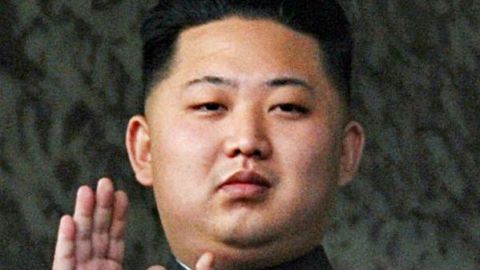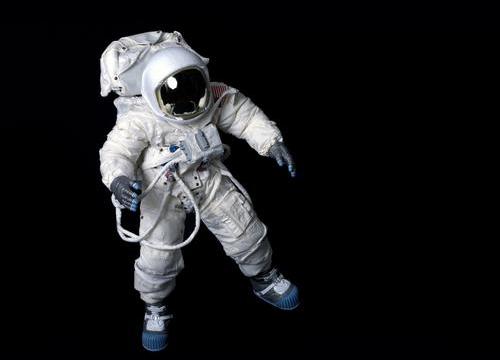North Korea, More Isolated Than Ever

News of the demise of Kim Jong Il, leader of the ‘hermit kingdom’, or the World’s last Stalinist State, North Korea, shouldn’t have come as a surprise; after all, he had been quite ill for some time. But his death comes at a highly inconvenient and potentially dangerous time, with his son and heir, the 28 year old Kim Jong-Un, an unknown quantity.
I have reported from North Korea on several occasions, and am possibly the only Westerner to have been briefly arrested and released without charge after taking pictures of the Dear Leader’s train arriving at Pyongyang Station. I have interviewed North Korea’s military commanders on the bristling border with the South – the ‘De militarised zone’, and listened to the Head of State, Kim Yong-nam talk about the necessity of North Korea’s nuclear programme.
The North may be threatening as it is equally mysterious to outsiders, but with the old guard there has always been a logic behind their every move, which essentially are aimed at the regime’s survival. But the North is arguably more isolated now that at any point since the early 1980s. Neighbouring South Korea and historic enemy Japan are starkly disengaged, or as the North Koreans would claim ‘engaging in hostile policy’. North Korea’s sinking of a South Korean military vessel the Cheonan in 2010 in disputed waters put to rest any possibility of a thaw there. Meanwhile China, the North’s longtime, albeit sometime reluctant ally is still smarting at President Obama’s recent decision to station American forces in Australia. China has continued to support the Kim dynasty in the North, despite having much more substantial trade ties with South Korea and despite the fact that many Chinese look at North Korea with a sense of embarrassment.
Yet, the North remains an invaluable bargaining counter with the Americans and Japanese in particular. For their part, the North Koreans, whose leaders include key figures from the Kim Il Sung era such as Head of State Kim Yong-nam, are adept at playing one power off against another. Having watched the collapse of Saddam Hussein and more recently the Gadaffi regime in Libya, the North’s veteran leadership knows just how valuable its rudimentary nuclear weapons can be in acting as a deterrent. But in a period of instability, with the prospect of the military and the ruling Workers Party competing for influence under a callow unknown new leader, the world will need to tread very carefully and hope that China continues to act as a restraining force.
The world will also need to listen very carefully to the sage advice that will be offered behind the scenes from Ban ki moon, the UN Secretary General, and very much a historic supporter of ‘constructive engagement’ with the North. He could have a crucial role. A fortnight ago I was in Panmunjom, in the centre of the most militarised border of anywhere in the World, this time from the Southern side. All was quiet on this Cold War era frontier bristling with barbed wire and machine gun posts. There have been skirmishes here since the Armistice Agreement was signed in 1953, but never a full blown conflict.
Today, North Korea has rudimentary nuclear weapons and is about to enter a period of great instability. The best the rest of the World can do is remain highly vigilant – and hope for the best.
*This article appears in the London Evening StandardMark Seddon is a former UN Correspondent for al Jazeera English TV. His reports from inside North Korea appear in his latest book, ‘Standing for Something’, Biteback publishing





